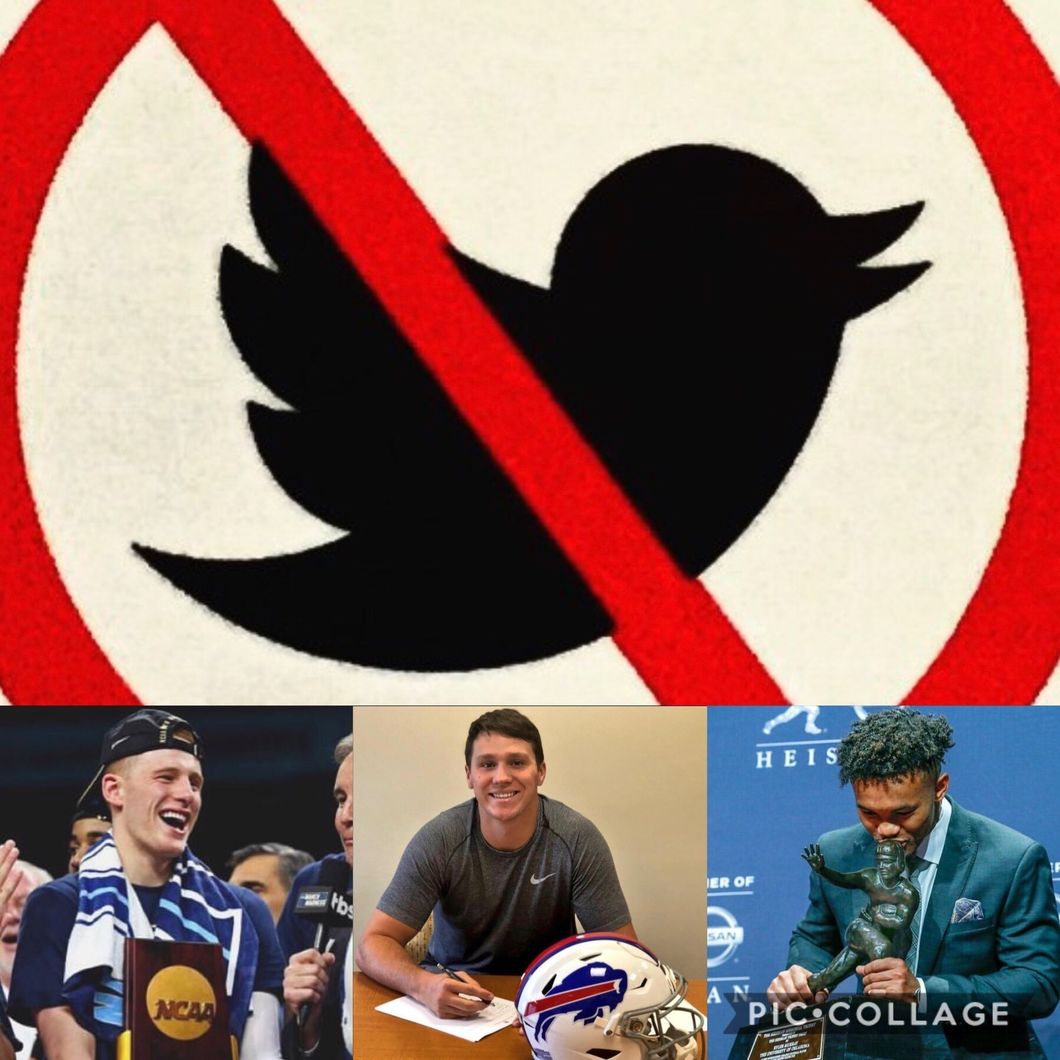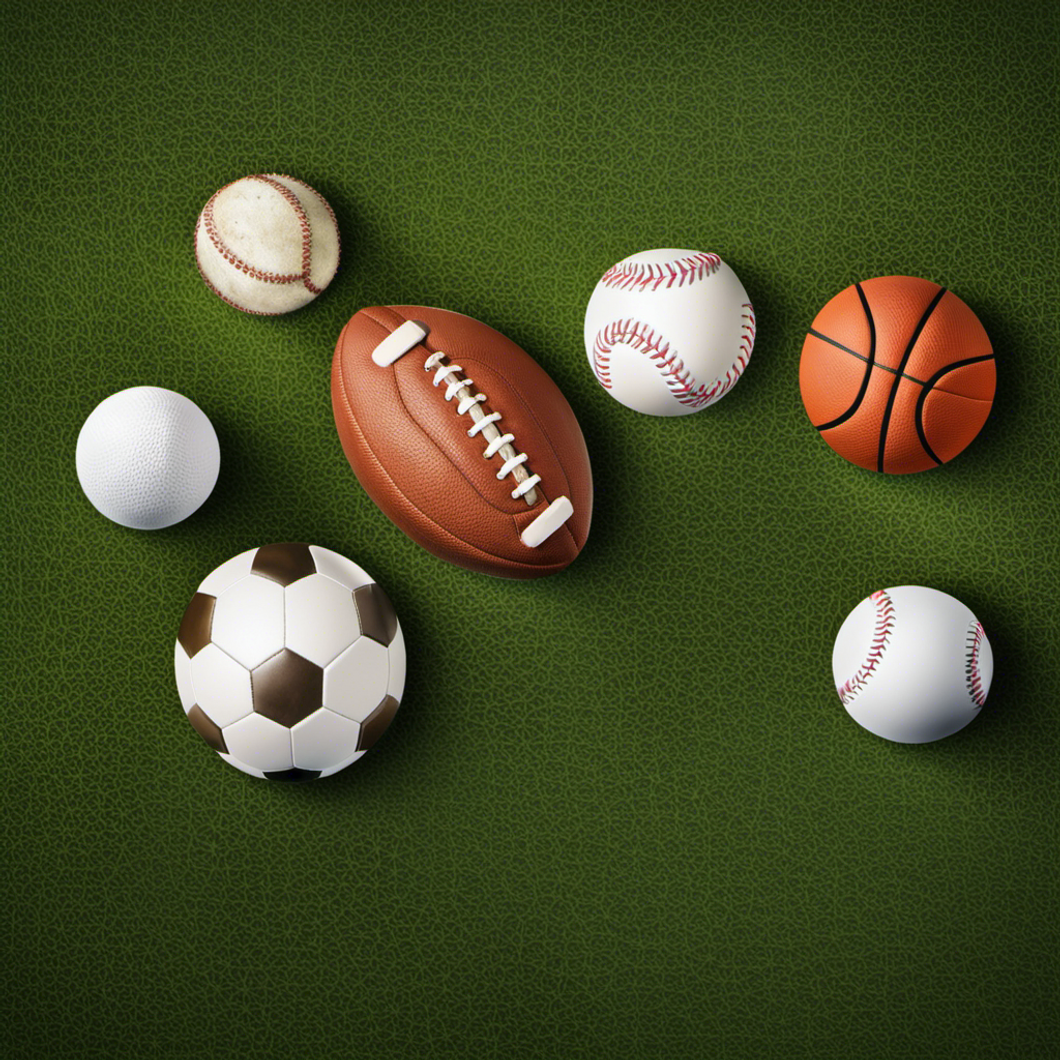My favorite thing to talk about and watch is sports. Sports is a national pass time that we all partake in some shape or form, whether it be through watching or playing.
In 2018, the past has come back to haunt rising stars athletes within collegiate sports. Just to name a few cases:
- Milwaukee Bucks guard Donte DiVincenzo, only days after winning the NCAA Division I Basketball Championship with the Villanova Wildcats, scoring the most points ever by a non-starter in a championship game with 31 and being named the Most Outstanding Player of the Final Four, had one of his tweets from 2011 containing racially charged song lyrics released.
- Buffalo Bills quarterback Josh Allen dropped from being the potential number one overall pick in the NFL draft down to being selected seventh overall after racist tweets from 2012 and 2013 were revealed only days before the draft.
- Most recently, the Oklahoma University quarterback was forced to apologize for revealed homophobic tweets dating back to 2011 and 2012 a day after receiving the most prestigious award in college football, the Heisman Trophy.
There are two things that tie all these incidents together.
One. Each occurrence involved social media and slurs or comments that include derogatory statements which can be considered hateful to the public eye. Two, and what I believe is the more important point, is that all the resurfacing tweets are from 2011 to 2013.
Put that into perspective. These guys are no older than 21 and 22 years of age, and reporters are bringing light to things they posted online back when they were freshmen and sophomores in high school.
Is what they said okay?
No, of course not. It could still be considered hurtful to those in the communities they were referring to or that were mentioned.
Should we give them a pass just because they were young and dumb?
No, because then we would be condoning and absolving them of responsibility for their actions, young or not.
I believe that in 2018, we have become more socially aware and become more open to conversations with social context to a certain extent. But are we such "social activists," hungry for the clicks or so stuck in our own self-pity that we are willing to bring people down right after or right as they reach the apex of achievement in their lives? Is it more intriguing to tear people apart when they experience success than to uplift and praise them?
Think even beyond sports.
You do not need to win a Heisman Trophy or National Championship or on the brink of being drafted to NFL. Everyone in every walk of life has haters. Whether you do better than someone on a test at school, get a promotion at work, or even have a little clout on social media--when people are getting better and improving their lives, the haters try to drag us back down to the bottom.
We are in a world where through things like social media, we have a habit of tearing people down and kicking them there, rather than building them up. Social media was meant to be a tool for entertainment and to connect us, not pit us against one another.
As you are reading this, you might be thinking, "Well, what's your point? We can't change the past. and if your past is on the internet, then it's there forever anyway."
Well, my point is that with 2019 around the corner, I have a New Year's resolution that everyone should maybe consider:
Uplift others and see them for who they are now, not who they once were.
We all have a past and none of them are picture perfect. I'm not saying that you have to endorse or vouch for every person you meet, but being a supporter is much better than being a hater. As a hater, you look to stay where you are and bring people down to your level. As a supporter, support turns into motivation and motivation is what leads us to become better people.
With a new year and another chance to start fresh, lets become better together, not haters forever.

















